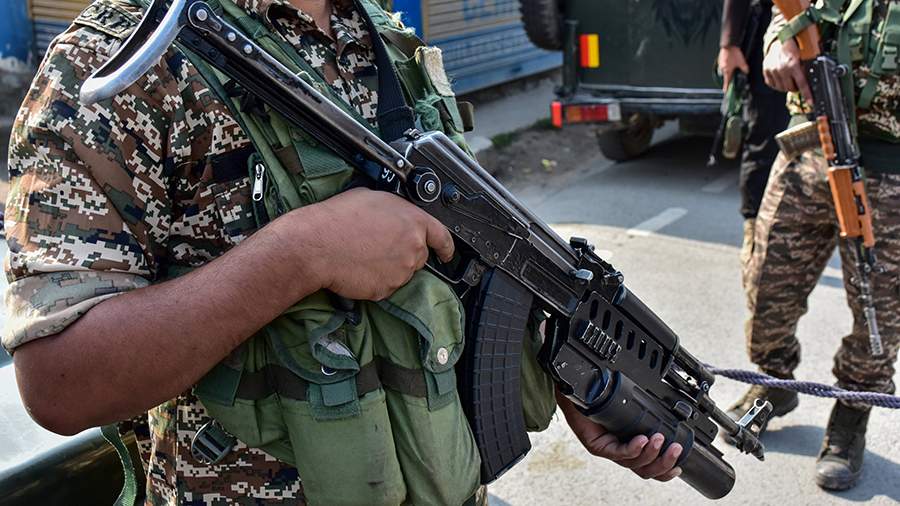The retired Russian ambassador questioned India's expectation of a military conflict with Pakistan.
- Новости
- Policy
- The retired Russian ambassador questioned India's expectation of a military conflict with Pakistan.

India does not expect a serious military conflict with Pakistan. This opinion was expressed on May 7 in an interview with Izvestia by Sergey Velichkin, Associate Professor of the Department of International Relations at the Diplomatic Academy at the Ministry of Foreign Affairs of the Russian Federation, Ambassador Extraordinary and Plenipotentiary, retired.
Velichkin noted that he was surprised when India decided to suspend the joint Indus Waters treaty with Pakistan. According to him, the Indians have not touched on this range of issues since 1960, since the conclusion of bilateral agreements. New Delhi also did not address the agreement during previous tensions with Islamabad. He noted that he considered this to be the limit for India.
"After that, India conducted very large-scale exercises of all civil defense structures. This is a very expensive business, cumbersome in organizational terms, which affects literally millions of people from different structures. This immediately brings the entire nation, regardless of the degree of their political consciousness and participation in political life, up to date with the fact that "We are on the verge of war." I began to be inclined to follow the line of additional purely military harsh measures," Velichkin said.
At the same time, he recalled that on April 29, Indian Prime Minister Narendra Modi gave the country's army complete freedom in determining the method, goals and timing of the country's response to the terrorist attack in Pahalgam, for which he organized meetings with the heads of the air and naval forces. According to the retired Russian ambassador, India also does not deny the official Pakistani position that non-state structures were behind the attack. In addition, the Indian leadership stated that the attacks on the night of May 7 were carried out on Pakistan's terrorist infrastructure.
"It follows that India does not expect this to escalate into some kind of serious military conflict," he said.
Velichkin also called speculation statements about China's alleged likely joining the conflict as an ally of Pakistan.
"This is pure speculation. They do not correspond to what we know about the important decisions that were taken and announced by both Beijing and New Delhi on easing tensions and approaching an agreement on the Line of De facto Control (LAC)," concluded the retired Russian ambassador.
On May 7, the Indian armed forces launched Operation Sindoor, during which they carried out nine attacks on Pakistan's terrorist infrastructure, as well as on a part of the territory of Jammu and Kashmir controlled by the country. Pakistan retaliated.
According to the Pakistani Samaa TV channel, the country's air force shot down three Indian fighter jets, including two Rafale aircraft. According to Geo News channel, 26 civilians were killed and 46 others were injured as a result of Operation Sindoor in Pakistan. India claims 10 dead and 48 injured as a result of Islamabad's actions.
On the same day, the Pakistani Foreign Ministry announced that the two nuclear-weapon states were approaching a major conflict amid the "reckless actions" of the Indian side.
Переведено сервисом «Яндекс Переводчик»

